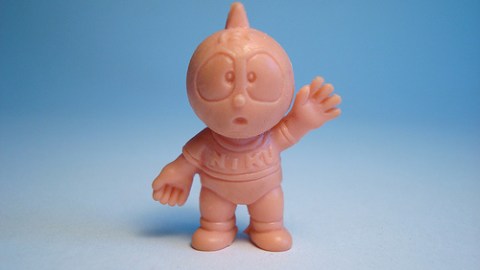Seeing Little Pink Men, and Other Neurological Stories

“I remember I was reading Svevo, it was ‘The Confessions of Zeno’…And I looked—I was lying in bed and I looked down at the floor and there was a little pink man and a pink ox, and they were about this tall, moving and beautifully articulated.So lovely.And they gave me a very good feeling.I had no fear, no distress, just a feeling of fascination, friendliness, and pleasure…This hallucination was followed by a migraine.” Encounters with the bizarre side of the brain, from hallucinations to seizures to synesthesia, are the theme of today’s Big Think interview with novelist Siri Hustvedt.
According to Hustvedt, the pink man’s visitation was a one-time event and the product of a well-established medical phenomenon called “Lilliputian hallucination.” Yet it’s not her only brush with neurological oddity. The novelist was overcome by a still-unexplained seizure while speaking at a memorial event for her late father in 2006, prompting her recent “neurological memoir” (“The Shaking Woman or a History of My Nerves”) as well as a fascination with the emerging field of neuropsychoanalysis. By connecting subjective psychological events with the findings of modern brain research, such analysis hopes to lend firmer scientific grounding to Freud’s old project: probing the mysteries of the individual mind.





